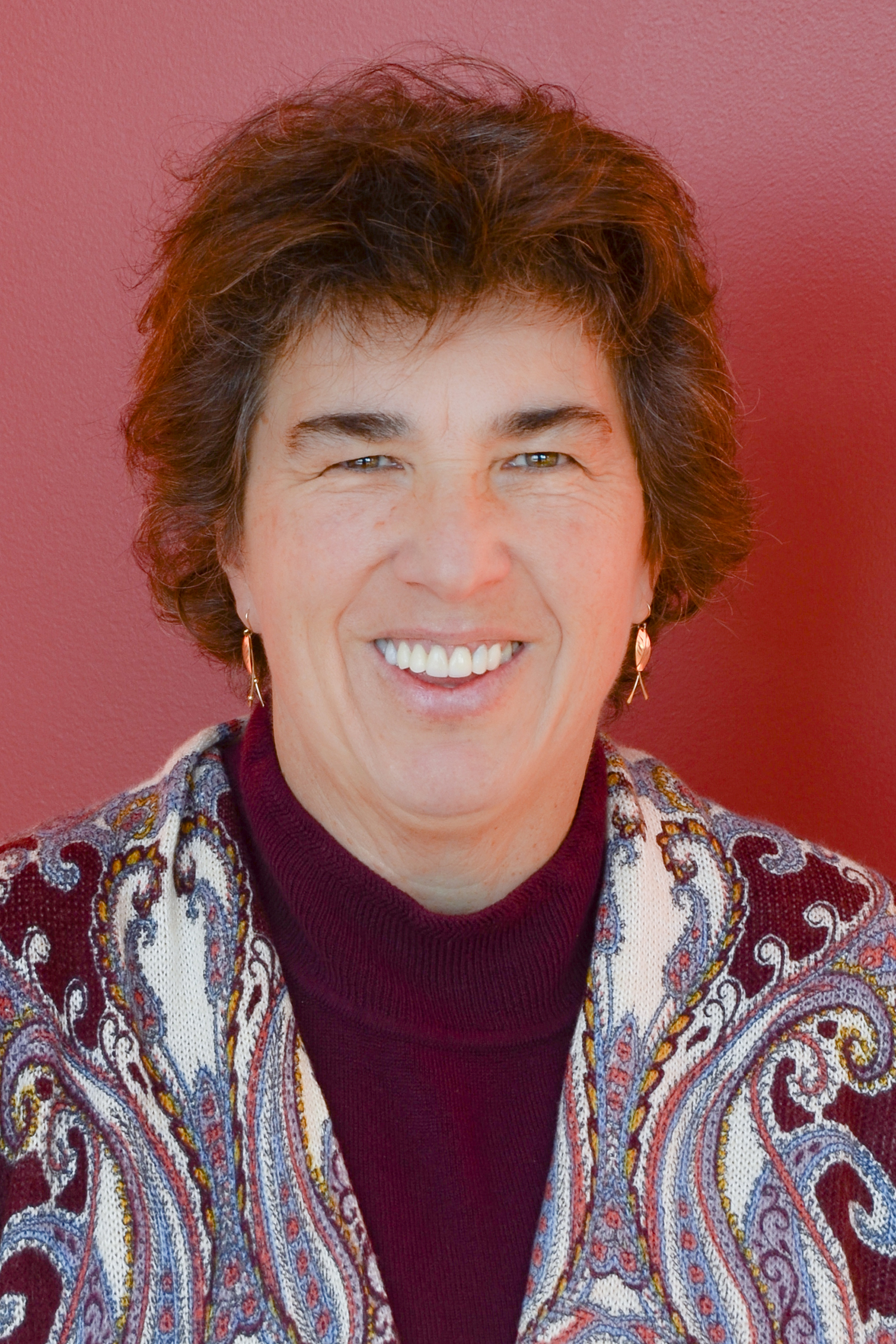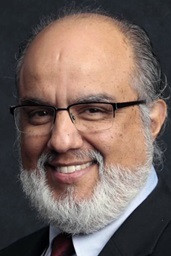As the church struggles with issues of identity and finding its way forward, I have become increasingly concerned about the willingness of many church leaders to want to avoid truth-telling in favor of doing public relations for God. It’s a natural inclination. The truth can be messy and complex and bigger than anyone can control.

Photo by Alison Burdett, Baltimore-Washington Conference.
It’s not an isolated phenomenon. Citizens need the news to participate in a democracy. Thomas Jefferson, one of the authors of American independence, knew this. He famously wrote, “Were it left for me to decide whether we should have a government without newspapers, or newspapers without a government, I should not hesitate to prefer the latter.”
Inside the U.S. conservative-progressive divide is a call to limit the full freedom of the press. Nothing could be more dangerous. Every morning, The Washington Post arrives on my doorstep and proclaims in its banner, “Democracy dies in darkness.” I believe this to be true.
I also believe the church is called to live in the light. The shadow of partial-truths and withholding information for the benefit of the institution can cast people into the darkness of ignorance and presumption. Sins of omission are still sin.
Commentaries
The church is facing an uncertain future. Trying to silence the press at a time when people need information the most damages the church we love.
But it must also be acknowledged that the church press holds a sacred trust and should be held accountable. Accuracy must be a guiding principle. Fact must be separate from opinion, clarity must be valued, and the significant should be presented differently than the trivial.
The Poynter Institute defines journalism as “storytelling with purpose.” The U.S. Conference of Catholic Bishops frames it a little differently: “A most precious aspect of being human is the two-fold capacity to exercise reason and to respond to found truth.”
It is imperative for the sake of human dignity that people be able to ask questions, share information freely, and publish, post and broadcast — using the tried and true principles of a free press — to tell the story of God and God’s people at work in our world.
When she preaches, Bishop LaTrelle Easterling of the Baltimore-Washington Conference, sometimes says, “Tell the whole truth and shame the devil.” It’s a quote from Shakespeare’s “Henry IV,” but preachers were saying it as early as 1555.
Every time she says it, it makes me think about the light of truth and the role of the church press to illuminate the world within and beyond United Methodism. If these disciples the church is making and developing wish to transform the world, they need the truth and they need to hear it from their own – professional communicators with a deep knowledge of and passion for the church and its history, culture, polity and practices.
Tell the whole truth. Why not? Jesus said, “The truth will set you free.” What are we afraid of?
Lauber is the director of communications for the Baltimore-Washington Conference.
News media contact: Vicki Brown at (615) 742-5470 or newsdesk@umcom.org. To read more United Methodist news, subscribe to the free Daily or Weekly Digests.
Like what you're reading? Support the ministry of UM News! Your support ensures the latest denominational news, dynamic stories and informative articles will continue to connect our global community. Make a tax-deductible donation at ResourceUMC.org/GiveUMCom.



